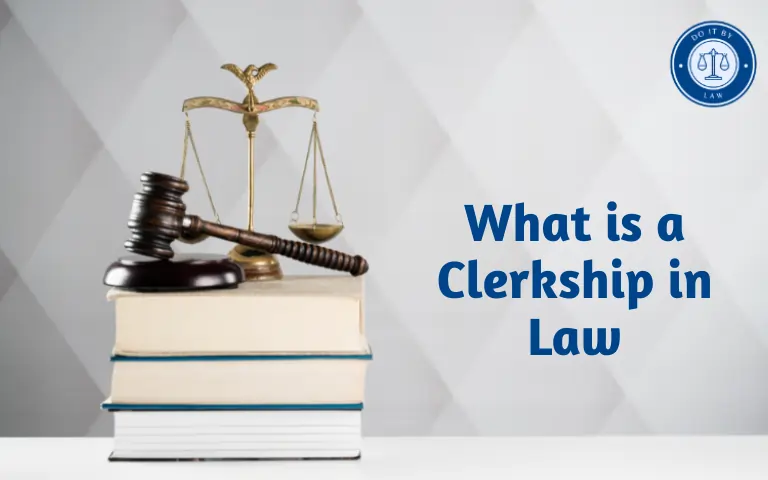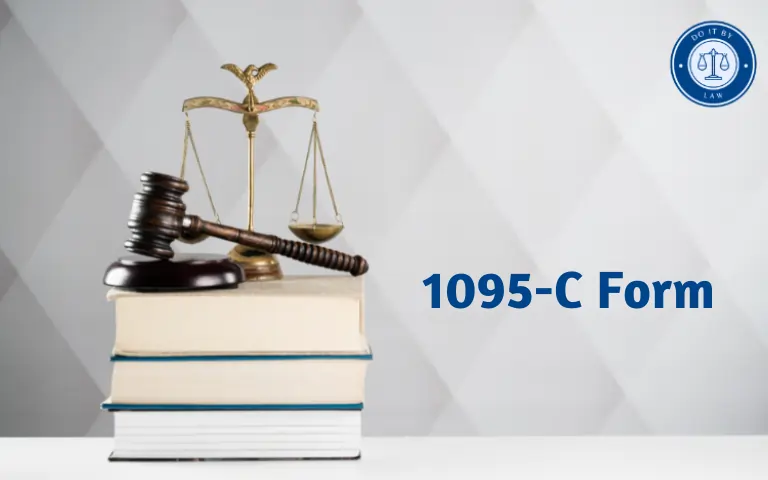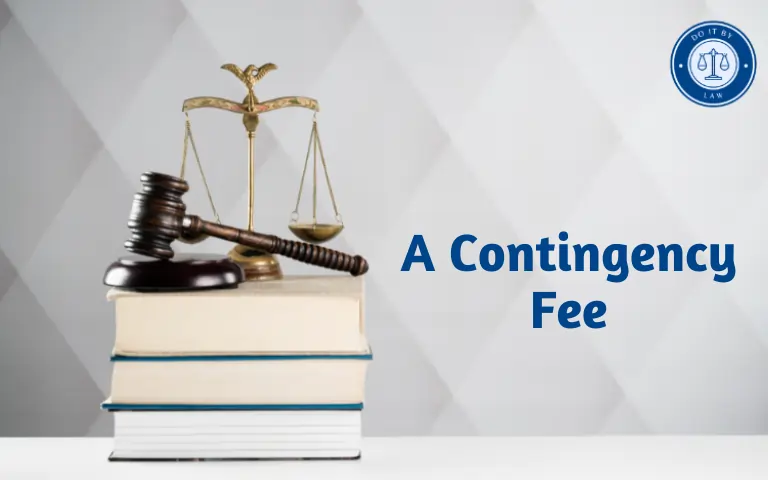What is the Implied Consent Law? A Legal Overview
The implied consent law refers to the concept that by performing certain acts, a person implicitly provides consent without expressly granting permission. This often arises in legal contexts related to driving, medical care, contracts, sexual relations, and more. Understanding when implied consent applies and its limitations are important across many areas of law.
The Definition and Meaning of Implied Consent Law
Implied consent means consent that is not directly expressed through words, actions, or symbols, but rather inferred from the surrounding circumstances and conduct between parties. It exists when circumstances, culture, relationships, or conventional behaviors convey a mutual understanding that consent is given based on the context, even without explicit statements of agreement.
The key elements establishing implied consent are:
- A voluntary decision to engage in an activity where consent is typically expected. For example, driving a car or seeing a doctor.
- The availability to freely withdraw or decline consent and discontinue the activity at any time.
- Contextual social cues and customs indicating consent in the absence of overt objection.
- A past pattern of accepting or consenting under similar circumstances.
So in essence, implied consent relies on interpreting external signals and conventional norms, not just inner intentions, to determine if permission exists in the eyes of a reasonable person. It is assumed consent is based on reasonable expectations unless affirmative actions imply refusal.
Legal Applications of Implied Consent Law
Some key areas where implied consent applies legally include:
Driving and Alcohol Testing
- By driving on public roads, drivers implicitly consent to follow traffic laws and possess a valid license. Police can legally compel unlicensed drivers violating traffic laws to stop.
- Drivers also impliedly agree to submit to blood alcohol tests if lawfully arrested for DUI. Refusing the test can incur penalties like license suspension.
Medical Treatment
- Seeking non-emergency treatment implies patients agree to routine physical contact, exams, and procedures during the normal course of care.
- Patients entering hospitals implicitly consent to live-saving interventions during emergencies if unable to provide explicit permission.
Contract Law
- Entering business negotiations, placing orders, or accepting services infers a willingness to engage in a contractual arrangement subject to reasonable terms.
- Retaining and utilizing a product past its return date implies accepting standard sales terms, including any valid warranty provisions.
Privacy Policies
- Using websites and apps after reasonably noticing the Terms of Service implies consenting to stated data collection practices, including any sharing with specified third parties.
Sexual Relations
- In certain contexts like an existing sexual relationship, consent may be implied by a shared pattern of conduct between intimate partners. However, explicit verbal consent ensures clarity.
So in summary, the doctrine of implied consent relies on assuming people voluntarily accepting known customs, norms, and laws demonstrate agreement in the absence of objection. But its appropriateness varies given the circumstances.
Limitations and Controversies Surrounding Implied Consent Law
While assumed consent expedites transactions and activities that typically align with social customs, critics argue implied consent has concerning limitations:
- It can wrongly infer permission based on flawed conventions, rather than actual desire.
- People may partake in activities for reasons beyond consent, like medical necessity or lack of viable alternatives.
- Implied consent removes the obligation to obtain a clear verbal or written agreement.
- It enables unwarranted assumptions about consent based on relationship status, dressing norms, or other contextual factors.
- Withdrawing implied consent may require unreasonable knowledge, costs, or burdens compared to explicit consent.
- Reliance on implied consent reinforces practices that normalize the lack of explicit permission-seeking.
Implied Consent Law vs. Express Implied Consent Law
Due to these shortcomings, many argue that express, affirmative consent is preferable wherever practical, especially for impactful decisions.
Key differences between implied and express consent:
Implied Consent
- Indirect and nonverbal actions
- Presumed by default based on customs
- Provides wiggle room in interpretation
- Consent can’t be explicitly revoked
- No dialogue around boundaries
- More passive and ambiguous for all parties
Express Consent
- Directly stated approval verbally or in writing
- Opt-in requiring clear confirmation
- Leaves no doubt over permission
- Can be immediately revoked
- Encourages discussion of boundaries
- More consciously proactive for all parties
Requiring express consent promotes mutual understanding and gives individuals greater control over decisions affecting them. However, relying solely on implied consent remains expedient in limited low-risk contexts following established social norms.
Examples Comparing Implied and Express Consent
Consider these examples highlighting the difference between implied and express consent:
- Medical Care – Express consent involves signing procedure permission forms. Implied consent assumes patients accept standard exams during appointments.
- Mobile Apps – Express consent entails reading and approving an app’s access permissions. Implied consent is dismissing the permissions prompt and using the app anyway.
- Receiving Packages – Express consent is signed for delivery. Implied consent is having packages left at the door without a signature.
- Romantic Contact – Express consent involves clearly discussing boundaries. Implied consent risks wrongly assuming partners are comfortable with escalation based on past conduct.
Implied Consent Law by State
Consent laws vary somewhat by state. Key differences involve:
- Strict express consent requirements – Some states now require affirmative “yes” statements for sexual contact or drug testing procedures. Silence or indirect signals do not qualify as consent.
- Additional restrictions surrounding implied consent – Some jurisdictions limit how implied DUI testing consent applies. Certain medical contexts may also require express permission.
- Expanded rights to rescind implied consent – Some states give more freedom to withdraw implied consent with fewer penalties compared to express agreements.
- Specificity around implied consent for data collection – Certain states better define what tech contexts can or cannot rely on implied user consent through broader privacy laws.
So in summary, while all states incorporate some form of implied consent into laws, exact definitions and applications differ. State-specific statutes and precedents establish unique boundaries around implied permission.
Examples of Implied Consent Law in Court Cases
Implied consent has factored into many impactful US court cases, including:
- Birchfield v. North Dakota – The Supreme Court ruled blood alcohol tests require a warrant despite implied consent for other testing.
- Roell v. Hamilton County – The Supreme Court upheld implied consent for certain jailhouse searches after arrests.
- Pahnke v. Anderson Moving – A court ruled movers reasonably relied on implied consent when a customer’s husband directed where to place items.
- Shady Grove v. Allstate – The court rejected Allstate’s claim that customers impliedly consented to arbitration by renewing policies.
So in practice, courts weigh implied consent against other issues like privacy rights, the scope of agreements, reasonable expectations, and the right to expressly decline permissions.
Key Takeaways on Implied Consent Law
In summary, key points to understand about implied consent law are:
- It represents nonverbal, indirect consent inferred from circumstances and conduct.
- Context, culture, relationships, and patterns establish implied consent versus express permissions.
- Reasonable expectations under customary norms provide their basis in the absence of objection.
- Applications in driving, medical care, contracts, and digital usage rely on implied consent.
- Overreliance on implied consent risks missing the limits of the actual agreement.
- Express consent often better proves mutual understanding.
- Laws around implied consent usage vary somewhat by state.
- Courts weigh implied consent against factors like privacy rights and reasonableness.
Conclusion
Implied consent serves an expedient purpose when activities align with socially accepted norms and low risks. However, excessive reliance on assumed permissions reinforces the lack of express agreements in impactful situations. Laws still evolving on consent standards must balance practical efficiency against the protection of individual rights. Incorporating express consent where viable empowers people with greater control over their personal agency.





